Will Artificial Intelligence Drive Us?
Are we ready for the robo-car?

Driving has become a right of passage into adulthood. The automobile has enabled the human race to go out and explore - There is nothing more liberating than receiving a full driver’s license. Automobiles are also the source of livelihood for many people as well, from mechanics to engineers.
The word "automobile", is derived from the Ancient Greek word autós, meaning "self", and the Latin word mobilis, meaning "movable". Tesla CEO and Tech Futurist Elon Musk told us that cars that drive themselves while you sleep would happen in 2019. And here we are in 2019, still waiting for the first autonomous automobiles - the self moving machine with the power to make its own decisions. Maybe, it was a good idea that his prediction didn’t become reality.
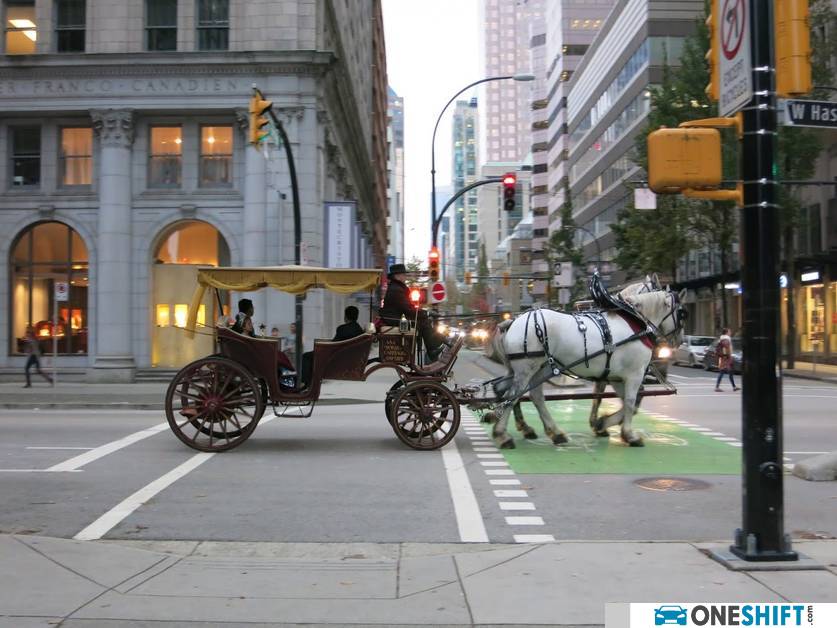
But how far are we into the future of autonomous driving? We have to take a look at how transportation evolved. The human race began our journey on foot. Next, we managed to figure out how to tame animals to help us move our stuff. Horses for example, like a lot of animals, have a navigation sense and can find their way "home".
If there is a lesson to learn from animals, is that we desire full control. Animals have a mind of their own. A donkey can be stubborn and a horse can be easily spooked. That is why we invented fire-breathing machines to storm the land, sea and finally, air.
The rise of autonomous vehicles can be contributed to the fact that operating a machine is not a natural skill, it is a habit which humans have to learn. Throw in the various factors such as reaction times, disorientation, poor judgement, or the “bochup” (ignorant) attitude - and accidents will occur.
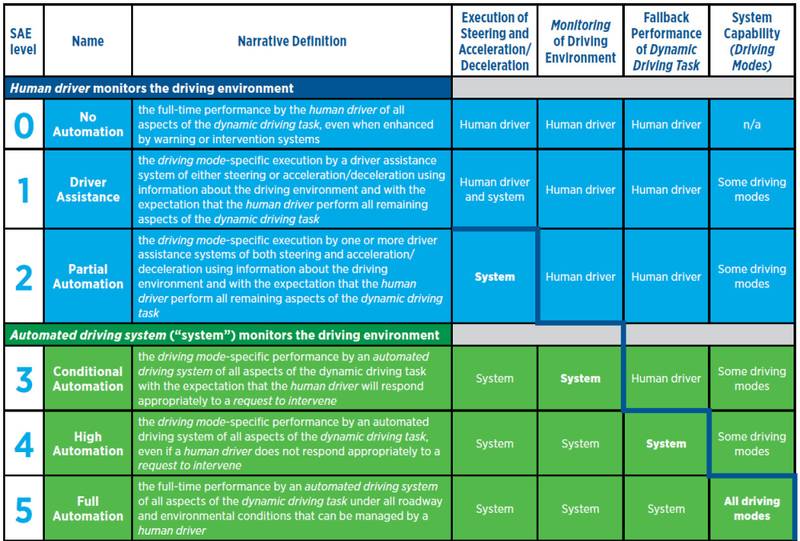
The Society of Automotive Engineers (SAE in short) has stipulated six different levels of driving automation, from 0 to 6, with 6 being fully autonomous. Audi’s latest A8 is the first production car to lay claim to level 3, “conditional automation”.
However, it will be incorrect to assume that autonomous cars are going to have fewer, or no accidents compared to human driven cars. Autonomous cars today are running on extremely fast computers, controlled by software ... written by humans. And that is where the imperfect state of the self driving car starts to show its cracks.
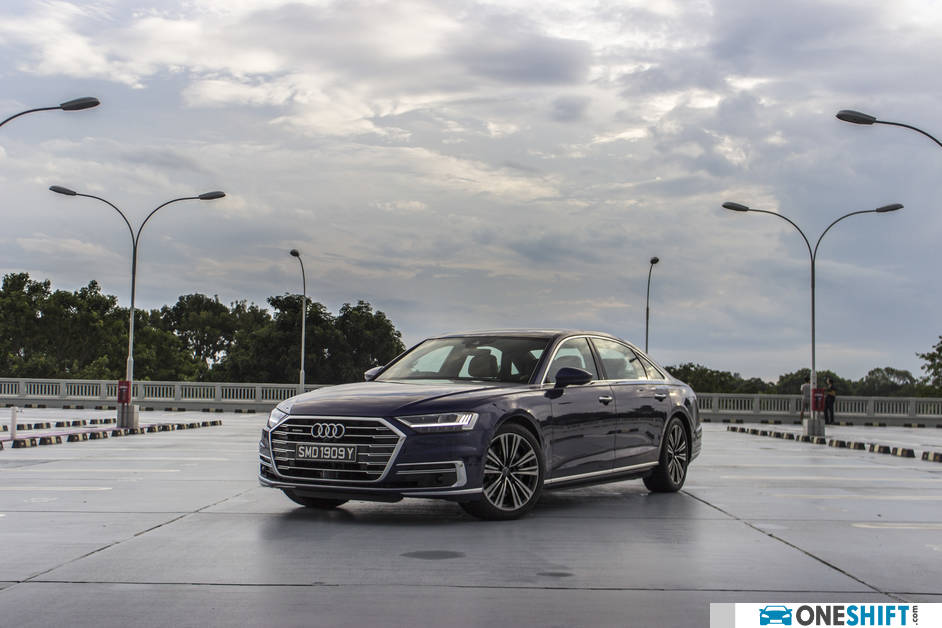
Audi states that the system will only work up to 60 km/h, on roads that have a physical barrier separating the two directions of traffic. And officially, “the driver must merely be capable of taking back control of the vehicle whenever the system prompts them to”.
With the sheer number of vehicles in the world, there is no one universal system for traffic control. Sure, a car be programmed to learn about the different laws and conditions of the place it is operating in, but the buzzword today is still machine learning - which brings us to Artificial Intelligence, AI.
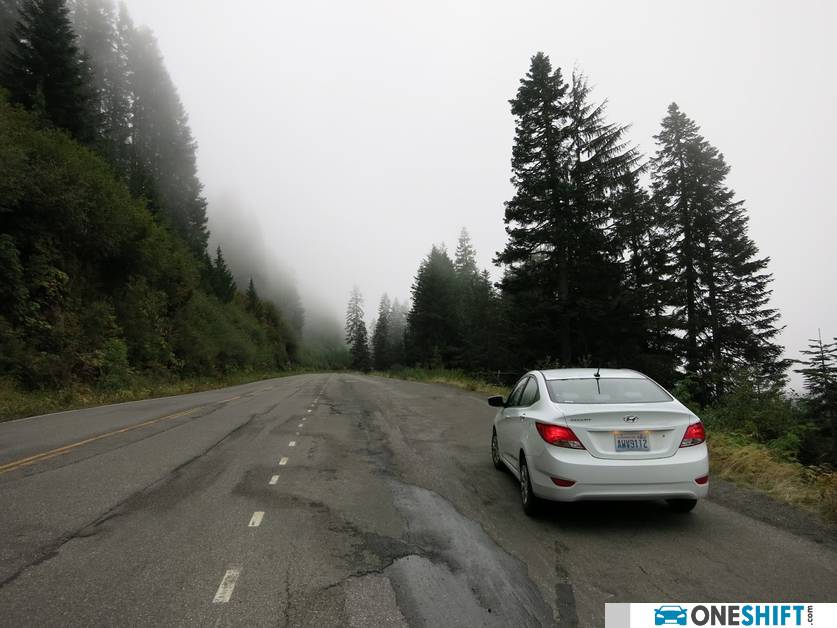
"If you told a computer to drive on the right, can it relearn everything within hours?"
The field of AI is rapidly developing but it is still far from the powerful, self-evolving machines like the ones we see in Hollywood flicks like Terminator and The Matrix. Today, AI can be found on social media for advertising and photo tagging. At Google, it is developing neural networks to change the face of AI. Breathe easy, these systems still must be trained. They will need to look at millions of images to identify a specific subject.
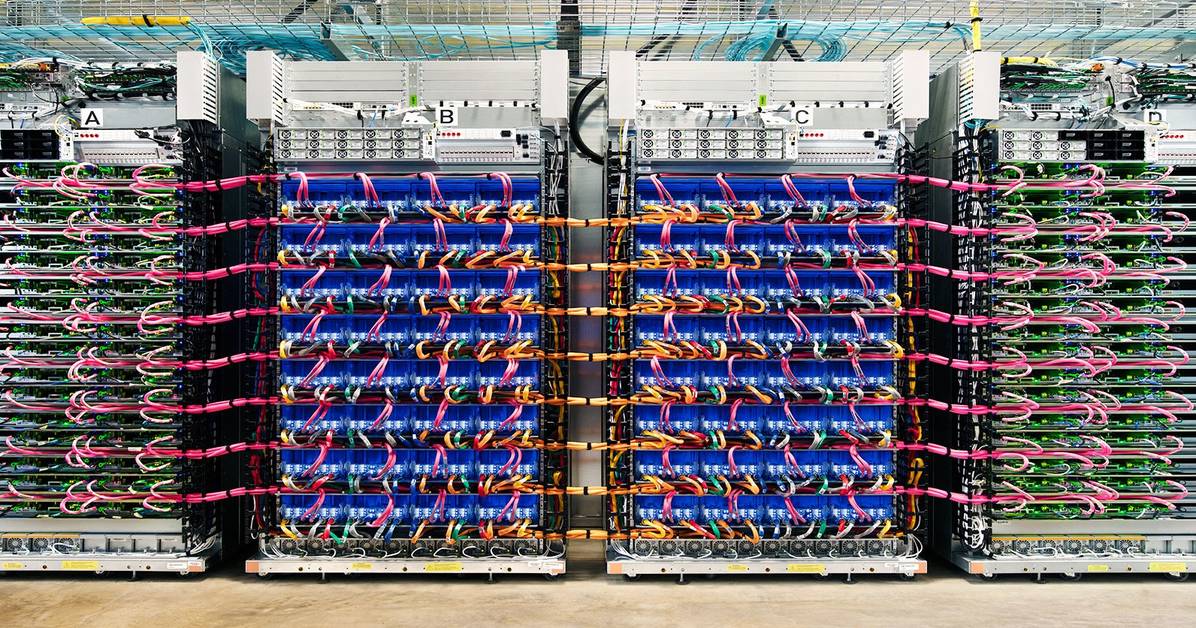
"This is never going to fit inside the boot"
That also means that AI will be the next step forward in autonomous vehicles - a thinking machine so flexible that it can improvise, adapt and overcome better than Bear Grylls - and the average driver who has little-to-no-interest in honing driving skills.
Again, Elon Musk is one of the most vocal critics of artificial intelligence, joining Stephen Hawking in predicting that the perfect AI will trigger the end of the human race. There is plenty of fear too, because a powerful and intelligent machine based on our brain, will highly likely evolve to become like us. We had to learn emotions and feelings, and the machines we create from our own minds will eventually learn those too.

Much work remains to be done before self driving cars become a reality for commuters, with a system which can drive a car with the proficiency of even the worst human driver. We took years to accept cruise control, parking assist and automated braking, but to completely give up control over our cars and replace the human driver with a machine? We foresee a hundred, if not more, years to come.
Credits:


Get the Best Price for your used car
from 500+ dealers in 24 hours

- Convenient and Hassle-Free
- Consumer Protection
Transparent Process
With No Obligation








